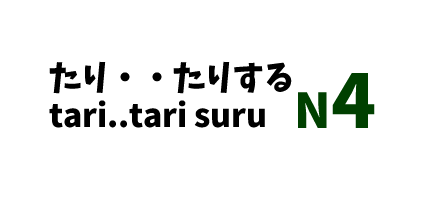
【N4】たり・・たりする/tari..tari suru
たり・・たりする tari..tari suru (adsbygoogle = window.adsbygoogle |...
This website for your JLPT,Japanese proficiency test! 日本語能力試験対策

たり・・たりする tari..tari suru (adsbygoogle = window.adsbygoogle |...
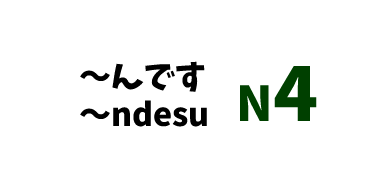
~んです ~ndesu (adsbygoogle = window.adsbygoogle || []).push({}...
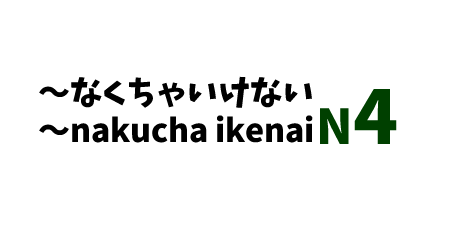
~なくちゃいけない ~nakucha ikenai (adsbygoogle = window.adsbygoogle ...
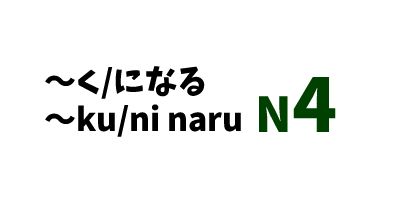
~く/になる ~ku/ni naru (adsbygoogle = window.adsbygoogle || [])....
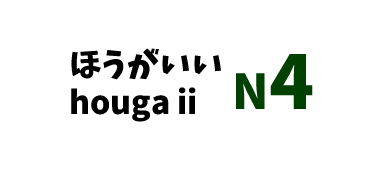
~ほうがいい ~houga ii (adsbygoogle = window.adsbygoogle || []).pu...
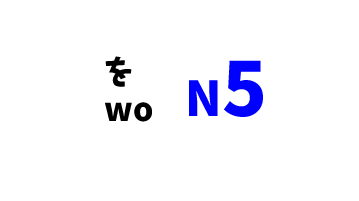
を o/wo (adsbygoogle = window.adsbygoogle || []).push({});...

は wa/ha (adsbygoogle = window.adsbygoogle || []).push({});...
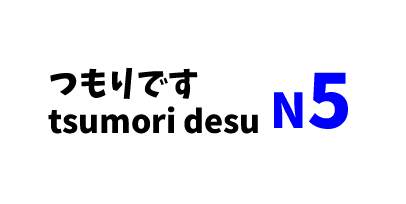
~つもりです ~tsumoridesu (adsbygoogle = window.adsbygoogle || [...

と to (adsbygoogle = window.adsbygoogle || []).push({}); ...
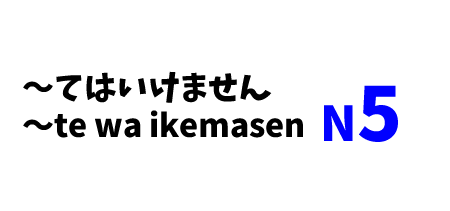
~てはいけません ~te wa ikemasen (adsbygoogle = window.adsbygoogle...
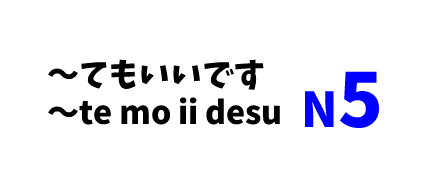
~てもいいです ~te mo ii desu (adsbygoogle = window.adsbygoogle |...
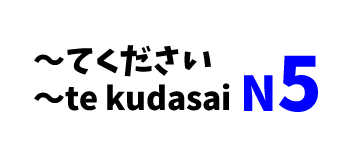
~てください ~te kudasai (adsbygoogle = window.adsbygoogle || []...
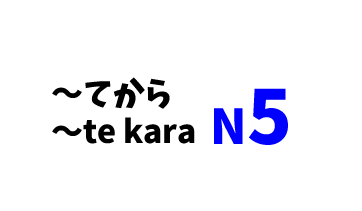
~てから ~te kara (adsbygoogle = window.adsbygoogle || []).pus...
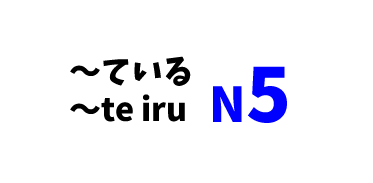
~ている ~teiru (adsbygoogle = window.adsbygoogle || []).push(...
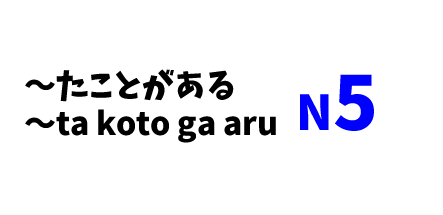
~たことがある ~ta koto ga aru (adsbygoogle = window.adsbygoogle ...
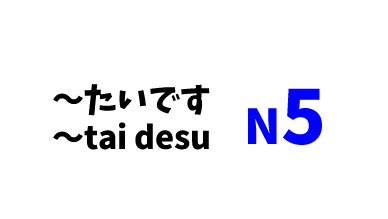
~たいです ~tai desu (adsbygoogle = window.adsbygoogle || []).p...
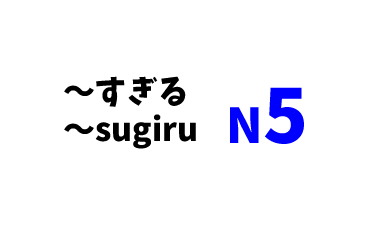
~すぎる ~sugiru (adsbygoogle = window.adsbygoogle || []).push...
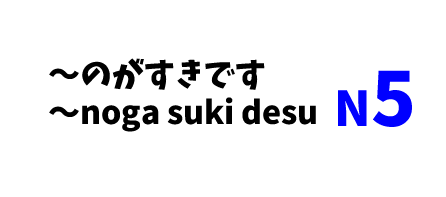
~のがすきです ~noga suki desu (adsbygoogle = window.adsbygoogle ||...
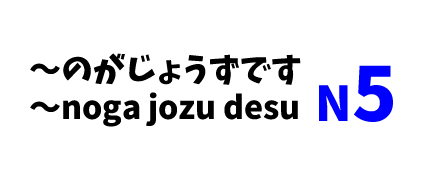
~のがじょうずです ~noga jozu desu (adsbygoogle = window.adsbygoogle ...
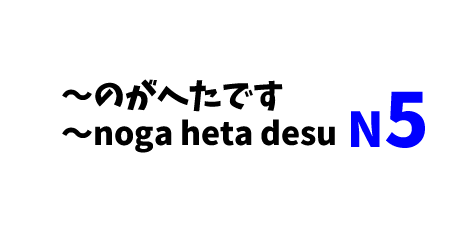
~のがへたです ~noga heta desu (adsbygoogle = window.adsbygoogle ||...
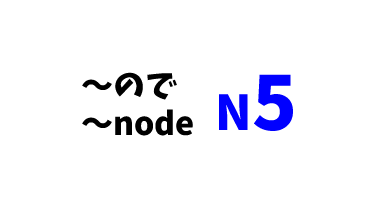
~ので ~node (adsbygoogle = window.adsbygoogle || []).push({});...
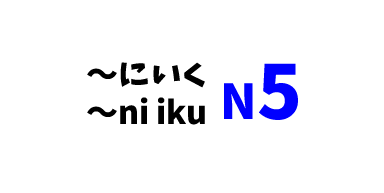
~にいく ~ni iku (adsbygoogle = window.adsbygoogle || []).push({...
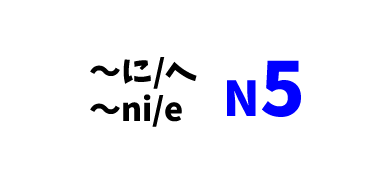
~に/へ ~ni/e (adsbygoogle = window.adsbygoogle || []).push({})...
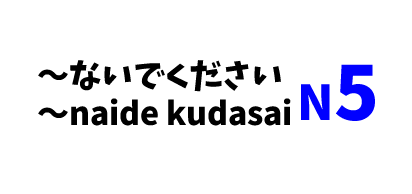
~ないでください ~naide kudasai (adsbygoogle = window.adsbygoogle ||...
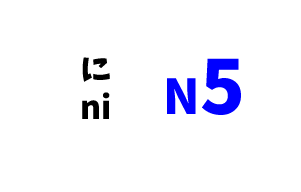
に ni (adsbygoogle = window.adsbygoogle || []).push({}); ...
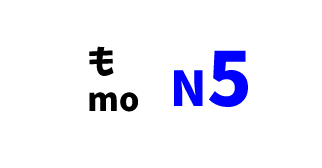
も mo (adsbygoogle = window.adsbygoogle || []).push({}); ...
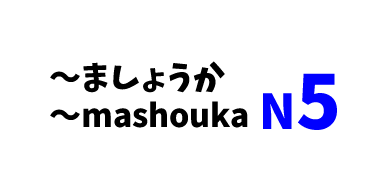
~ましょうか ~mashouka (adsbygoogle = window.adsbygoogle || []).pu...
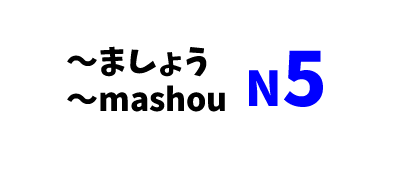
~ましょう ~mashou (adsbygoogle = window.adsbygoogle || []).push(...
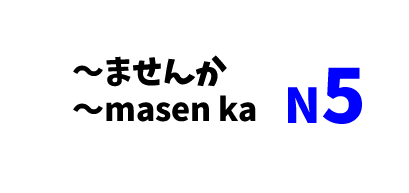
~ませんか ~masen ka (adsbygoogle = window.adsbygoogle || []).pus...
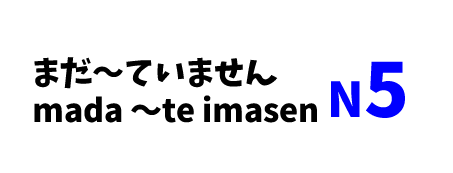
まだ~ていません mada ~te imasen (adsbygoogle = window.adsbygoogle |...
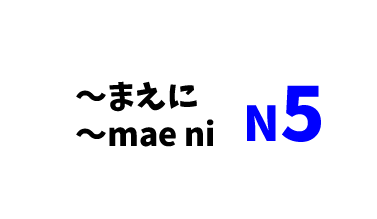
~まえに ~mae ni (adsbygoogle = window.adsbygoogle || []).push({...
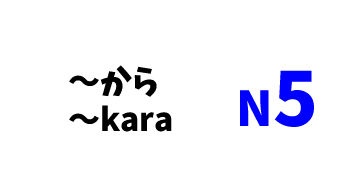
~から ~kara (adsbygoogle = window.adsbygoogle || []).push({});...
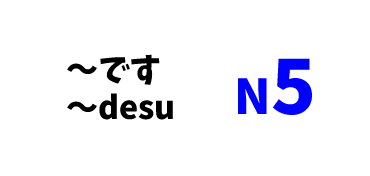
~です ~desu (adsbygoogle = window.adsbygoogle || []).push({});...
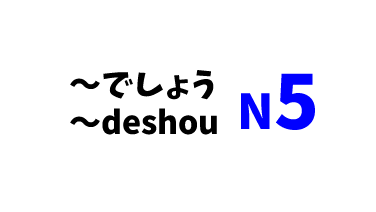
~でしょう ~deshou (adsbygoogle = window.adsbygoogle || []).push(...
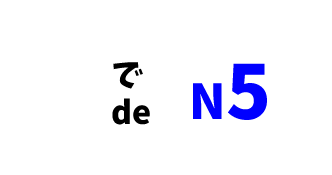
で de (adsbygoogle = window.adsbygoogle || []).push({}); ...
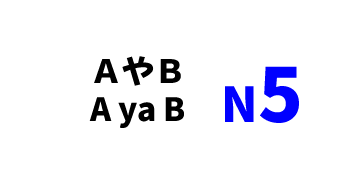
AやB A ya B (adsbygoogle = window.adsbygoogle || []).push({})...